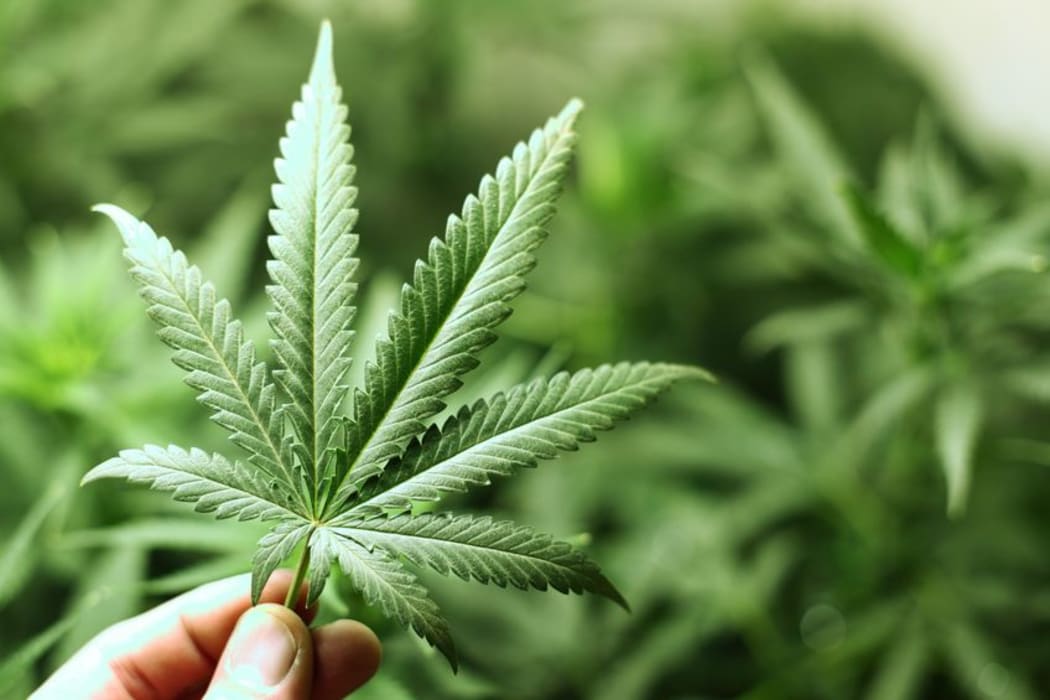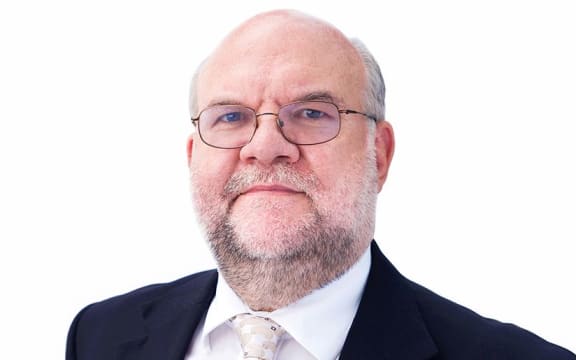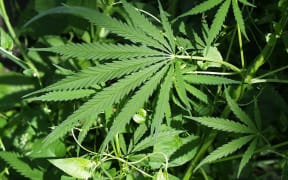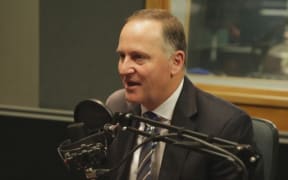An economic research think tank is calling for marijuana to be legalised saying it could save the country over $300 million a year.

Photo: 123RF
Institute of Economic Research (NZIER) principal economist Peter Wilson said outlawing the drug had not stopped 10 percent of New Zealanders using it.
He said although policies reducing its harm were needed, Treasury had calculated changing the legal status of marijuana would mean the government rather than criminals would benefit.
The NZIER research quoted a Treasury note in an Official Information Act request in July that stated the government could generate $150 million annually by taxing cannabis.
Finance Minister Bill English said at the time the document was not an official Treasury recommendation or advice.

Institute of Economic Research principal economist Peter Wilson. Photo: Supplied
Mr Wilson said the cost of present policies amounted to more than $300 million per year.
"It costs about $180 million to enforce the law against marijuana and we're losing tax revenue of about 110 million, so if it wasn't illegal we wouldn't have to enforce that law so we'd save that money and we'd probably raise more money in taxes to be spent on something else."
Regulation would ensure consumers used safe products and more education would allow them to make informed choices, said Mr Wilson.
"[Three hundred thousand] New Zealanders are annually saying they use marijuana. If we could reduce that by 50,000 that would be a success so I think it's very important not to compare this with a world in which no-one uses, but compare it with the current situation."
Drug Foundation executive director of the Ross Bell said he believed decriminalisation rather than legalisation was the answer and a commercial market should not be created.
"We don't want to see cannabis sold from corner dairies. We don't want a free-for-all like we've had with tobacco in the past.
"We should learn from our lessons with alcohol and tobacco, we're trying to get tighter around those substances."
Chris Wilkins is a senior researcher and leader of the illegal drug research team at Massey University.
He said he was sceptical about a heavy tax on marijuana leading to a drop in use.
Non-commercial models should be adopted if cannabis was legalised, Dr Wilkins said.
"There's actually a whole lot of options out there from decriminalisation to cannabis social clubs that achieve some of these goals in terms of not criminalising users, undermining the black market and importantly allowing the production of healthier types of cannabis.
"But it doesn't mean you have to have a large profit-driven commercial market as well."
However, Dr Wilkins agreed with the institute that there were opportunities to produce safer cannabis products under a regulated approach.
"There are also opportunities to promote healthier ways of taking cannabis, including vaping and the ingestion of edibles, and to promote healthier social norms and understanding of risks among users."
Associate Health Minister Peter Dunne said the government's position was to not change the legal status of cannabis and no party in Parliament was arguing for it to be legalised.






